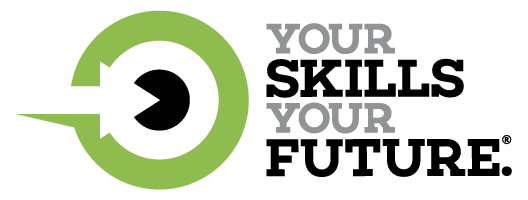Chemists and materials scientists study substances at the atomic and molecular levels and the ways in which the substances interact with one another. They use their knowledge to develop new and improved products and to test the quality of manufactured goods.
Chemists and materials scientists typically do the following:
- Plan and carry out complex research projects
- Direct technicians and other workers in testing materials
- Instruct scientists on proper chemical processing
- Prepare solutions, compounds, and reagents
- Analyze substances to determine composition
- Conduct tests on materials
- Write technical reports that detail methods
- Present research findings to scientists and engineers
Some chemists and materials scientists work in basic research. Others work in applied research. In basic research, chemists investigate the properties, composition, and structure of matter. They also experiment with combinations of elements and the ways in which they interact. In applied research, chemists investigate possible new products and ways to improve existing ones. Chemistry research has led to the discovery and development of new and improved drugs, plastics, and cleaners, as well as thousands of other products.



